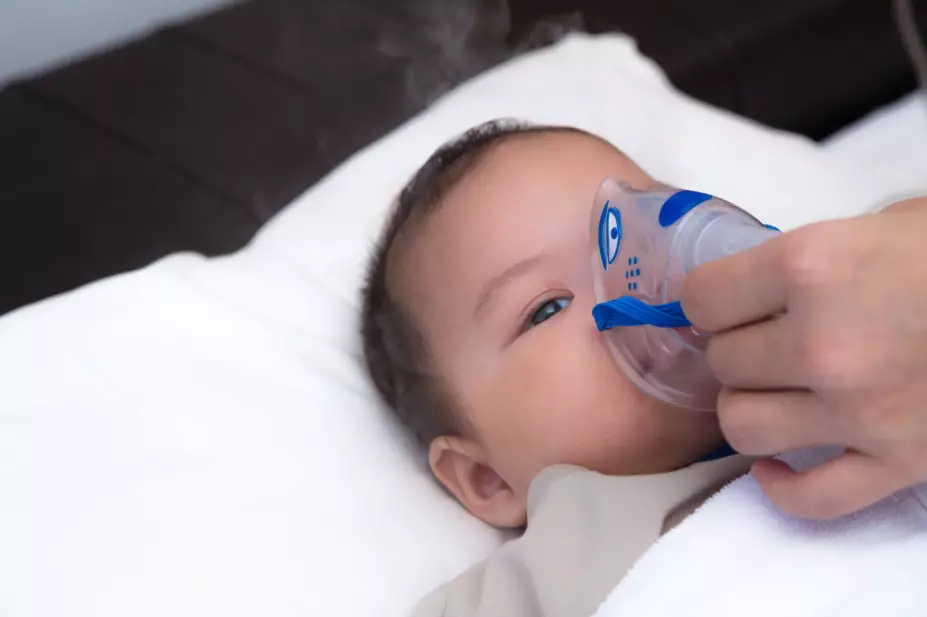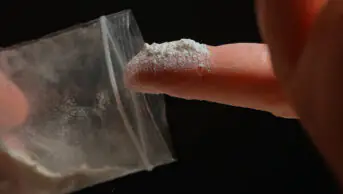
Shutterstock.com
Government advisers are recommending that an unlicensed monoclonal antibody, nirsevimab, is considered for the prevention of respiratory syncytial virus (RSV) in certain groups of very young children.
According to minutes from a meeting of the Joint Committee on Vaccination and Immunisation (JCVI), held on 22 June 2021, the JCVI noted that the long-lasting monoclonal product “looked promising” and only required a single dose for the entire RSV season.
Members of the JCVI agreed that “all efforts” should be made to explore the potential use of the new monoclonal antibody for the “coming winter”.
RSV is a seasonal winter virus that causes lower respiratory tract infections, and is generally prevalent between October and March each year. It often causes mild, self-limiting illness but may cause severe illness in vulnerable infants at high risk of infection, resulting in hospitalisation.
According to a COVID-19 therapeutic alert issued by the Department of Health and Social Care on 29 June 2021, the preventative measures taken during the COVID-19 pandemic had resulted in an almost complete elimination of common respiratory viruses affecting children, including RSV, meaning that the current UK cohort of children and adults who have not been exposed to RSV was “considerably higher than normal”.
To help cope with the potential upsurge in cases, a COVID-19 rapid policy statement issued by NHS England and NHS Improvement on 29 June 2021 proposed that the eligibility criteria for the monoclonal antibody palivizumab, which is used to provide protection against RSV in at-risk patients, be widened to include a larger population of at-risk infants to decrease hospitalisation and intensive care admission rates.
Palivizumab is given as an intramuscular injection, with five doses usually required to cover the typical RSV season. In contrast, nirsevimab is being developed to protect infants for an entire RSV season with a single intramuscular dose.
Nirsevimab was approved under the European Medicines Agency’s priority medicines (PRIME) scheme in January 2019 for the treatment of RSV infection.
In the committee meeting, the JCVI said that the use of nirsevimab would require “careful consideration”.
“Potential target groups for this might be larger than the current palivizumab population,” the minutes read.
“The committee would need to consider what would be the most logical extended group/cohorts to offer this to, and what was deployable. This might be all children born prematurely aged less than six months of age and older children at risk about to leave neonatal units. Modelling could help identify what might be the best strategy.”
The JCVI also warned that monitoring for “potential escape mutants” would be important as the treatment is a single monoclonal antibody.
The committee noted that consideration for future seasons might look at using the new monoclonal product in newborns from June 2021 onwards to be protected until the end of the following RSV season, or to cover infants who will be aged up to six months by the end of the season.
“The exact window in which to offer the monoclonal would depend on the cost-effectiveness estimates,” the minutes continued.


